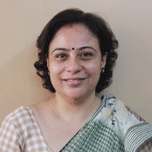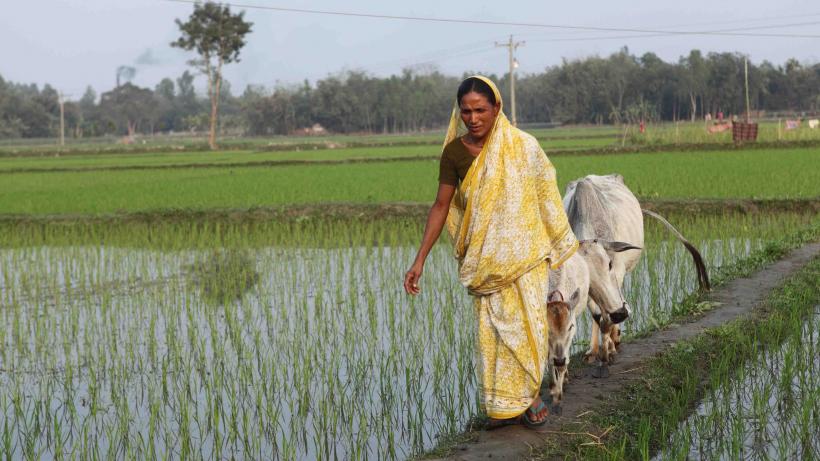Kanyashree Prakalpa in West Bengal, India: Justification and evaluation
Motivation
Kanyashree Prakalpa (KP), introduced by Government of West Bengal in 2012 is a unique Conditional Cash Transfer scheme which targets adolescent girls aged 13-19 years and offers a two-tier scholarship of an annual Rs 500 for continuing education (K1) and a one-time payment of Rs 25,000 on completion of 18, conditional upon the girl remaining unmarried AND continuing education till that age (K2). The aim of this scheme is two-fold – to promote secondary education among females and to stop marriage of girls before the official age of 18.
As there is strong scientific evidence that female education induces higher levels of income and growth, a number of policy interventions have been introduced in most developing countries including India, to augment enrolment and retention rates, while bridging the gender gap at the same time. However, these aim to improve enrolment and retention by offering incentives linked to issues like attendance. Since early marriage is one of the important reasons behind female drop out at the secondary level coupled with the fact that West Bengal has the highest share of under-age marriage in currently married women (DLHS 4 (2012-13) among 20 non-EAG states, this scheme is expected to have a significant impact on improving retention of girls in secondary education and preventing early marriage. However, an evidence-based study of this program is yet to be undertaken and hence the proposed study aims to fill this research gap in the coming years.
Policy relevance
The proposed research will provide an unbiased impact evaluation of the program and try to identify problems which constrict its outreach. The outcomes of this study would provide crucial insights to the State Government of West Bengal, India, and also would help other states to emulate the programme with appropriate modifications necessary for their own respective demography.
The study would include detailed FGDs with senior government officials at state and districts levels, contact persons at UNICEF country office and PRIs associated with local governance.
Study design
To evaluate the direct and indirect effects of this unique CCT, we propose to
- Identify the possible effects of female dropout and early marriage on employment and empowerment of women in Indian setting (based on available secondary data sources).
- Estimate the impact on female attendance rates, dropout rates and academic performance, sibling education etc using primary data collected under the proposed study.
- Examine how the money received from this scheme was actually used
- Examine whether the cash transfer to the adolescent girl is likely to change the bargaining power within the family
The primary survey in West Bengal, India will cover 1000 adolescent girls from 3 districts spread across geographical and demographic variations. The proposed sample would consist of a three tier sampling frame from three districts based on two indicators- proportion of women with secondary education and proportion of married women below 18. The three districts thus chosen are Jalpaiguri, South 24 Parganas and Murshidabad, the 3rd best, lying in the median range, and worst as per the indicators, respectively. In these each three districts, two blocks are to be chosen according to highest and lowest female literacy obtained from Census 2011. In the next tier, two villages are to be chosen depending upon geographical location (farthest and nearest to the block head quarter). Finally a random sample of 1000 will be taken from a complete list of adolescent girls living in these 12 villages. Detailed information about the girl’s education status, attendance, academic performances along with her household’s socio-economic status, parents’ education, siblings and her marital status with her empowerment status and how the money received was used are to be collected through structured questionnaires.
Qualitative information would also be collected from key informants (KP coordinators in schools and madarsas, district and state level authorities) to get an idea about the governance of the project.






